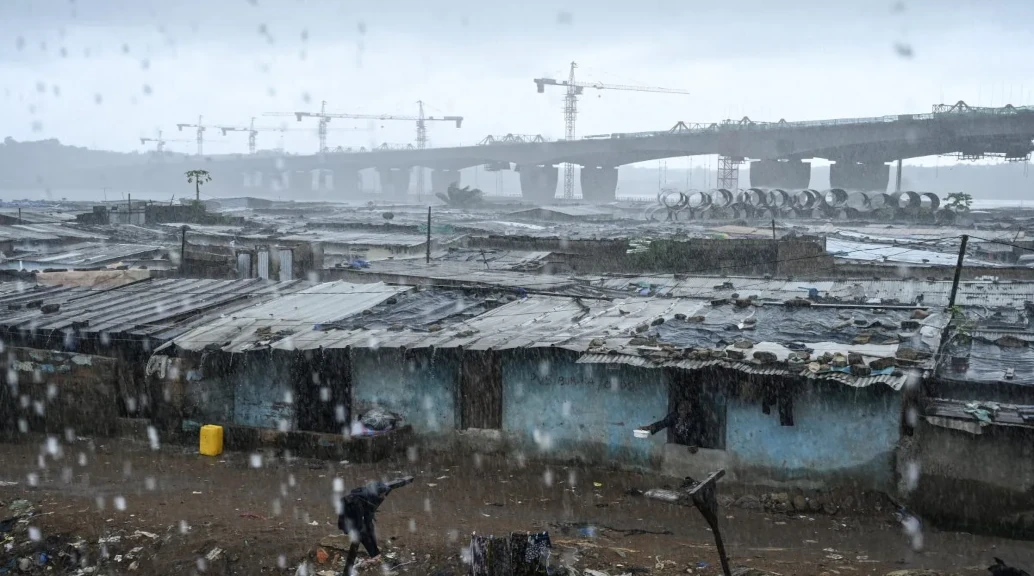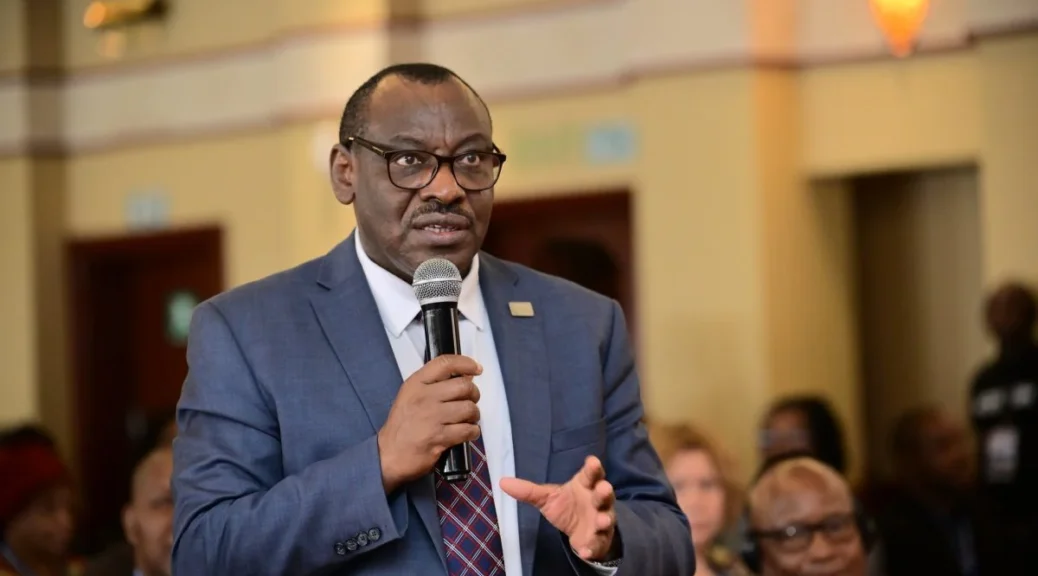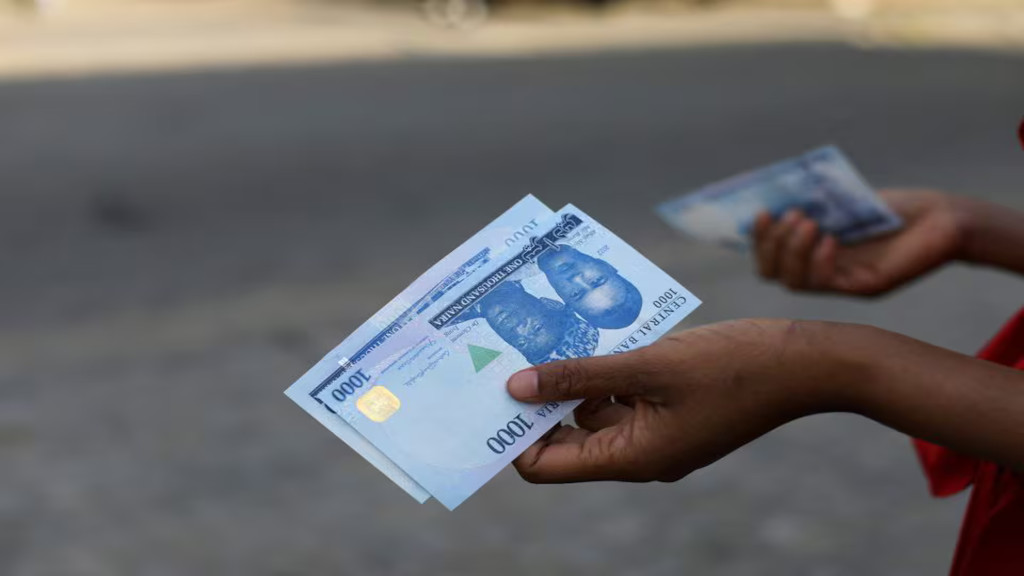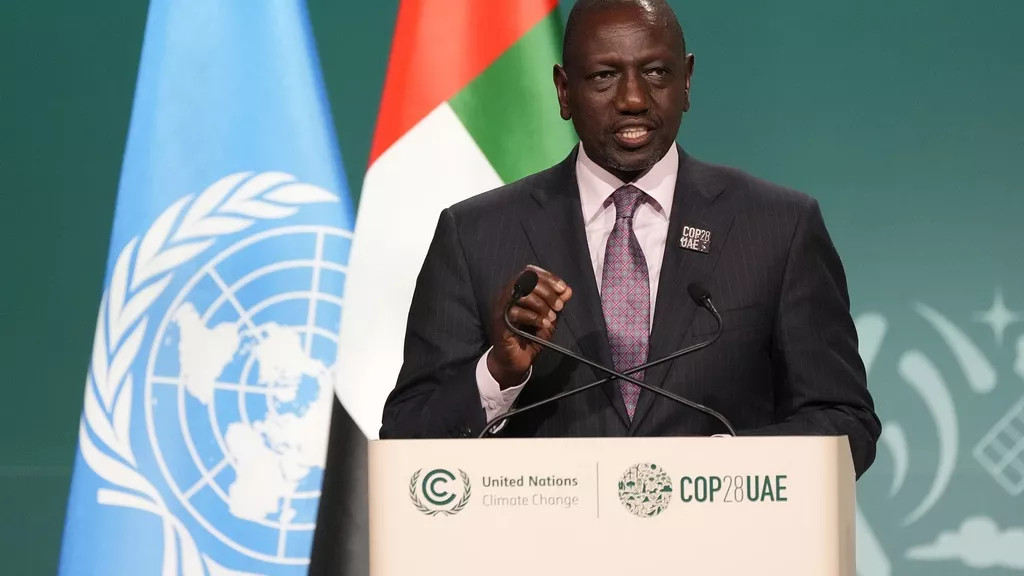Credit ratings were meant to help sub-Saharan countries tap global investors to fund much-needed development. But low scores, heavy borrowing and bad luck have left many struggling with crushing bond debt.
By Libby George, Tom Bergin, Tom Wilson and Lawrence Delevingne
August 1, 202411:55 AM GMT+2Updated 27 min ago
In 2002, Africa seemed poised to rise. Wealthy creditor nations were wiping billions of dollars of unsustainable debt off the books of sub-Saharan countries, and global demand was surging for the commodities the region exports, supercharging hopes of a sustained economic boom.
The United Nations, backed by the United States, had a plan to fuel the expansion: sovereign credit ratings. These metrics — essentially an informed guess of a nation’s ability to repay lenders — would for the first time allow a wide swath of the poorest region on Earth to tap yield-hungry investors in the global bond market. And the cash borrowed wouldn’t come with strict controls on how it would be spent, as is the case with financing from multilateral institutions like the International Monetary Fund. The U.N. heralded the initiative as “an assault on poverty in Sub-Saharan African countries.”
Advertisement · Scroll to continue
Today, the optimism has faded, washed away by a deluge of debt.
Essential to the plan were the “Big Three” U.S.-based credit rating agencies — S&P Global Ratings, Moody’s Ratings and Fitch Ratings, which together account for more than 90% of global ratings. The rating agencies collected fees for their services and began applying their complex analyses to the region.
Given the troubled economic history and conditions of sub-Saharan Africa, it came as little surprise that the Big Three gave most countries below-investment-grade, or “junk,” ratings. Those low scores meant the countries had to pay higher interest rates on their bonds to attract investors who might otherwise balk at the risk. The thinking at the time was that African countries’ ratings would improve, and their cost of borrowing decline, as their growing economies allowed them both to repay their debts and invest in development.
Instead, the push for credit ratings set these nations on a path to debt many could not afford. Over the past two decades, more than a dozen sub-Saharan countries borrowed nearly $200 billion from overseas bond investors, according to World Bank figures. As their nations’ finances faltered, African leaders lashed out at the rating agencies with allegations that the firms were biased in their assessments. Reuters did not find evidence of systemic bias in the Big Three’s ratings for the region. Rather, Africa’s debt crisis highlights the potential pitfalls when sophisticated financial markets meet impoverished countries eager for development.
After dozens of interviews with current and former Big Three employees, large investors and officials with government and multinational organizations, along with a review of hundreds of pages of regulatory and legal filings, Reuters found that the Big Three weren’t fully prepared for the challenges of rating a region awash in poverty and unfamiliar with the process, and that many of the nations involved weren’t ready for the torrent of cash their credit ratings unlocked.
The upshot: Billions of dollars meant to pay for badly needed improvements to infrastructure, education and healthcare are now going toward interest payments. Sub-Saharan Africa’s average debt ratio has almost doubled in the past decade — from 30% of gross domestic product at the end of 2013 to nearly 60% in 2022. The region today has the highest rate of extreme poverty in the world.
When debt service crowds out spending on infrastructure and other public goods, “the country doesn’t grow, and you just end up in a vicious cycle of poverty,” said Christopher Egerton-Warburton, founding partner of Lion’s Head Global Partners, a London-based investment bank that has advised African governments.
The financial burden carries deadly potential. In June, anti-government riots exploded across Kenya in protest against proposed tax increases, including levies on bread, cooking oil and other staples, to help fund payments on the roughly $80 billion Kenya owes creditors. The rioting, which continued after the proposal was withdrawn, left dozens dead and many more injured. Continue reading How Africa’s ‘ticket’ to prosperity fueled a debt bomb
 afric-Invest
afric-Invest


